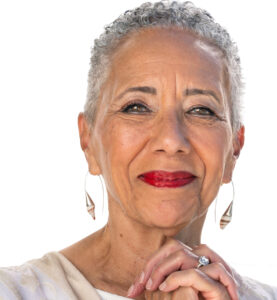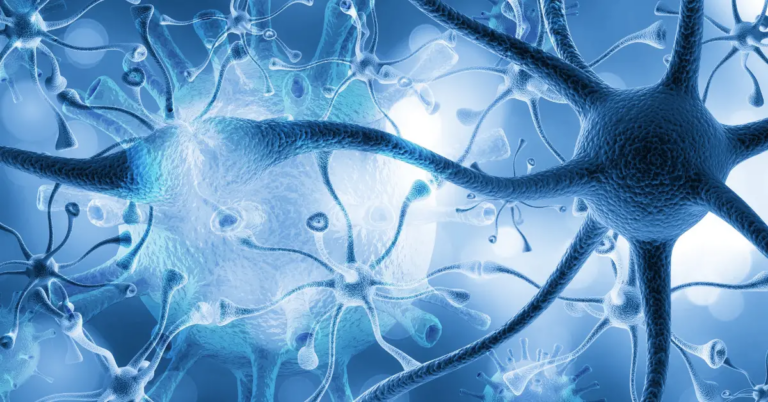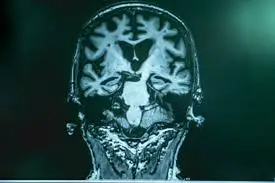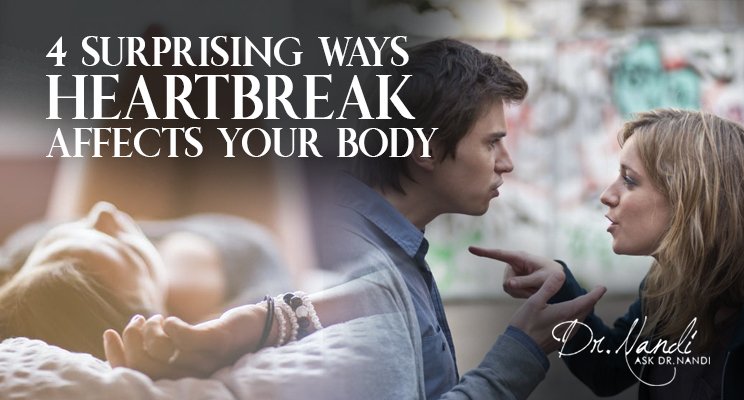The mind is a powerful tool. We can use it to love or hate, forgive or condemn, create or destroy, accept or blame, trust or doubt, respect or shame, despair or hope. How we choose to use our minds is entirely up to us. Every thought we think creates our reality. The mind affects how you feel and what you do. All of your experiences are the outer effects of your inner thoughts.
Many of us think we have no control over our minds, but this is because we have been taught to believe this is so. We are capable of controlling every thought we have. When we can’t change anything else, we can choose to change our minds.
Human beings have what psychologists call a psychological immune system. It is a system of cognitive processes that can help us change our viewpoint, enabling us to feel better about our circumstances, conditions, or situations, no matter how undesirable. In other words, we are not dependent on getting what we want or having things go our way to feel happy. Instead of chasing after experiences that we hope will bring us joy, we can manufacture our happiness by changing our minds. Our brains are hardwired that way.
Toni, (not her real name), a 29-year-old quadriplegic who has been using a wheelchair for five years, was referred for therapy. She was depressed and acting out in self-destructive ways, resisting help she couldn’t do without, firing her caregivers regularly, and generally being non-compliant with her medical treatment. The story she told herself about her quadriplegia was, “God is punishing me. Before the accident, I wanted to kill myself, so God took the use of my hands from me.” “Do you still want to kill yourself?” her therapist asked. “Yes, but now I can’t. That’s why I’m depressed.”
Being trapped in a body that did not move was terrible enough, but being trapped in a negative mindset, which was there before her accident, was destroying Toni. Like Toni, many of us are trapped by negative or limiting thoughts. We distract ourselves from our negative thinking and its effects by searching for and relying on experiences to make us happy, never realizing that we can change our understanding of any situation by changing our thoughts.
Toni knew she couldn’t change her paralysis, but she discovered that she could change her mind through therapy. Through meditation, controlled breathing, and deep inner listening, she learned to use her mind as a tool of awareness. She strengthened her psychological immune system and developed the insight she needed to find peace of mind, hope, self-love, kindness, happiness, and forgiveness. She even became friends with the man who caused her accident.
Five months into therapy, Toni’s perspective had shifted from despair to hope. When asked, “Why do you suppose God kept you alive?” she corrected, “You mean why did God give me a second chance at life?” Her therapist nodded yes. “Because He knew I didn’t love myself when I had my accident, and He wanted me to have a chance to do that, so He gave me a chance to rest and use my mind to think, use my imagination, and learn about myself.” Because she had no distractions and no other choice, Toni had to rely on her mind as a tool of awareness, which is the proper use of the mind. Her efforts did not go unrewarded.
As her psychological wounds healed, Toni’s body and spirit also healed. She began to take good care of her body by complying with her medical treatment. She began to develop positive relationships with her caregivers and returned to the church where she had once sung in the choir. She began to experience a level of support she never imagined possible.
Your mind is a tool for you to use in any way you wish. Instead of relying on winning the lottery, finding the man or woman of your dreams, landing that big contract you’ve been working hard to get, strengthen your psychological immune system. Tap into your ability to create your happiness.
- Attend personal growth workshops and go to psychotherapeutic counseling.
- Make dietary changes and engage in various forms of physical activity such as yoga, martial arts, or other forms of exercise.
- Do meditation and prayer.
It does not matter where you start. The key to happiness lies in cultivating practices that strengthen your innate capacity to create satisfaction whether or not you get what you want.
Namaste
About Gail Parker

Gail Parker, Ph.D. CIAYT, E-RYT 500 is an author, psychologist, educator, and certified yoga therapist. She serves as President of the Black Yoga Teachers Alliance Board of Directors. She is the author of Restorative Yoga for Ethnic and Race-Based Stress and Trauma, and Transforming Ethnic and Race-Based Traumatic Stress With Yoga. Learn more at drgailparker.com


















